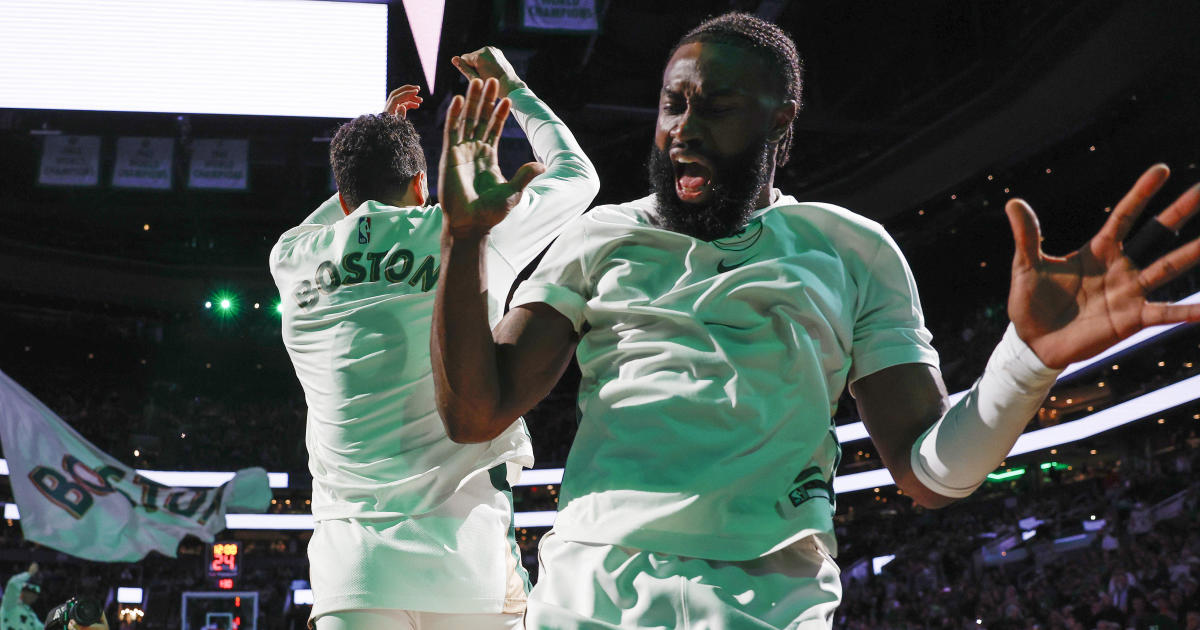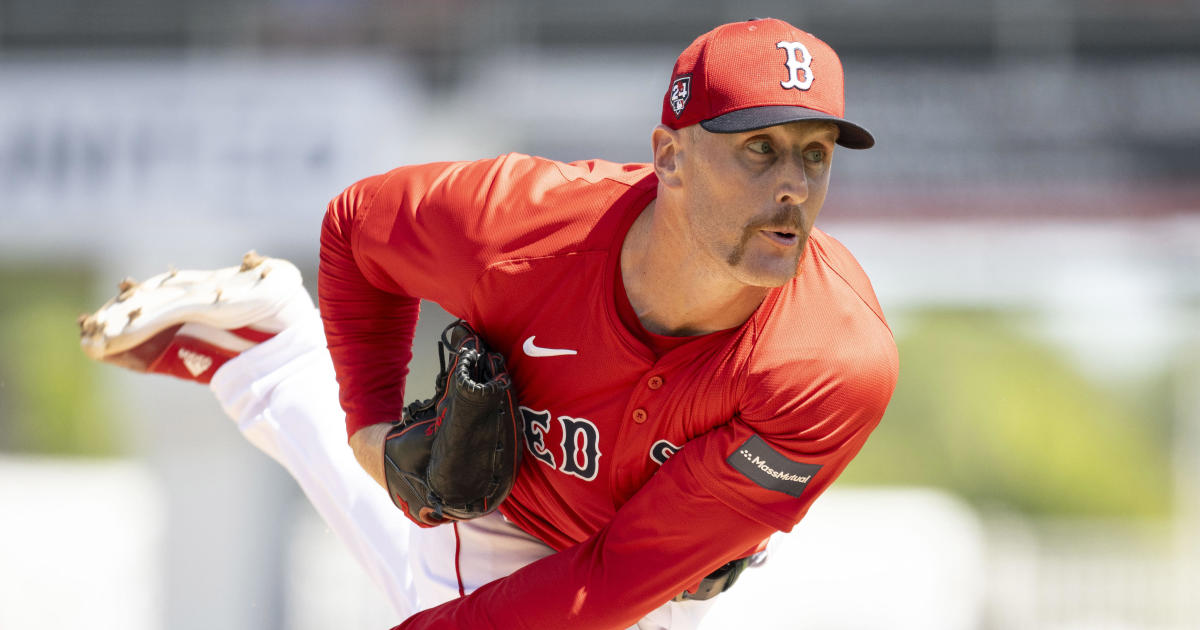Krug's Massive Hit Sparks Debate Because Nobody Knows What Charging Is
By Michael Hurley, CBS Boston
BOSTON (CBS) -- Hockey and basketball don't have too much in common, but one area where the two sports meet can be found in the enforcement of the rulebook. Specifically ... nobody knows what a charge is.
That much is obvious about 15 times a night during an NBA game, but it's become abundantly clear after Torey Krug delivered a heavy hit on Robert Thomas on Monday night in Game 1 of the Stanley Cup Final. The 12-plus hours that have followed have seen just about everyone on the internet weighing in on whether Krug should have been called for charging.
Fans in St. Louis, of course, pointed directly to the rulebook, which includes some ambiguous language that grants leeway to referees to call charging however and whenever they want to call it.
That language:
Charging shall mean the actions of a player who, as a result of distance traveled, shall violently check an opponent in any manner.
Consider Krug traveled about 130 feet to deliver his check on an unsuspecting Robert Thomas, one might reasonably assert that, by the letter of the law, Krug's hit constituted a charge. Certainly, countless media members and hockey fans expressed that sentiment.
For one example, here's TSN's Pierre LeBrun fairly asking why charging wasn't called?
If you so desire, dive into the replies to that tweet. It's a never-ending cyclone of rule dissection and angry hockey people.
At the same time, many folks who have also watched the NHL for many years and have seen the charging rule applied argued that Krug's hit didn't rise to the level of being a minor penalty for charging.
Is either side wrong?
Not really.
Clearly, by the strict letter of the law, traveling some distance to "violently check" an opponent is technically charging. (Aren't all checks violent, by nature? Don't most checks require the traveling of some distance? Who wrote this rule?)
But the actual reality of the enforcement of the rule shows that it's not quite so clear-cut.
We did actually see one charging penalty called in a Bruins postseason game this spring, largely due to David Pastrnak's upward motion when delivering a hit on Jake Muzzin. But we've also seen countless instances of players with "distance traveled" who "violently checked" an opponent, with no penalty call being made.
Realistically, what took place Monday night was a clean hit. After referee Steve Kozari (for whatever reason) allowed Krug and David Perron to slash each other and then take turns ripping each other down to the ice, Krug chased the play up the ice. Watching the replay, it's clear that his intent upon entering the St. Louis end is to play the puck as it makes its way around the boards. But when that puck appears to be headed for the blade of Robert Thomas' stick, Krug's intentions changed. He then delivered a hit.
The majesty of it all turned it into something more than that. The flowing locks, the level of impact, the timing in a Cup Final game -- it all played into a singular hit being made to be more than it was.
But was it charging? Sure. It also wasn't. Because nobody -- including the NHL -- can really define charging.
It might be time to reword that rule.
You can email Michael Hurley or find him on Twitter @michaelFhurley.



